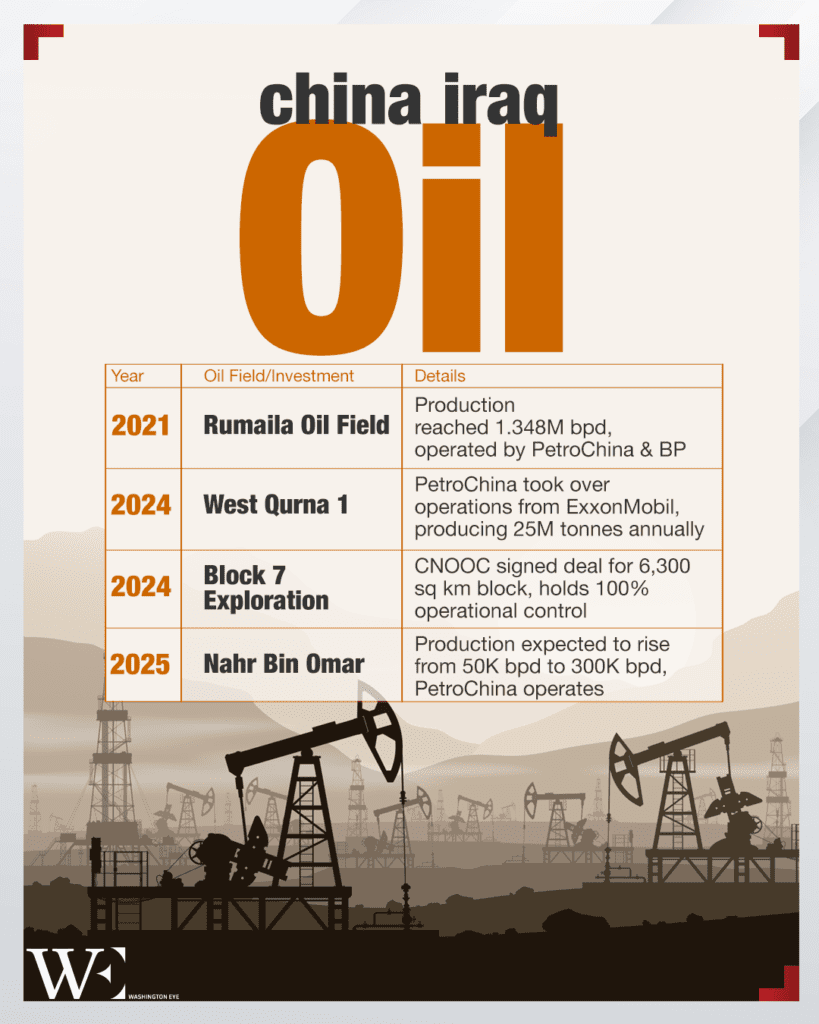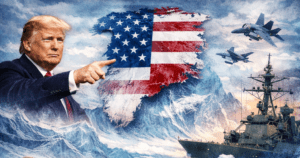The geopolitical landscape is undergoing a significant transformation as the rivalry between the United States and China intensifies. The Middle East, a region historically influenced by Western powers particularly the U.S., is now a cornerstone of this competition. As both Washington and Beijing seek to expand their influence, states of the Middle East are carefully navigating this complex diplomatic terrain to maximize their strategic interests.
China in the Middle East
In recent years, the relationship between the Middle East and China has blossomed, particularly with key players such as Saudi Arabia and the United Arab Emirates. These nations have recognized the potential of forging stronger ties with Beijing, captivated by China’s ambitious economic initiatives and commitment to infrastructure development. The Belt and Road Initiative (BRI) stands as a testament to this partnership, offering Middle Eastern countries opportunities for investment and economic diversification. China’s role as a leading trade partner and investor is increasingly significant, reshaping traditional alliances and economic strategies within the region.
U.S. Influence in the Middle East
However, the U.S. still remains a primary actor in the Middle East, historically wielding influence through military presence and strategic alliances. Nations in the region are now tasked with balancing their relationships with both superpowers, a challenge underscored by the U.S.’s ongoing commitment to its long-term allies, particularly in security and military domains. The normalization of relations between Israel and several Arab states through the Abraham Accords, driven by U.S. mediation, exemplifies Washington’s attempts to maintain its foothold amidst rising Chinese influence.
Where Does the Middle East Stand in the Competition
Amidst this backdrop, the Middle East’s response to the growing competition between Washington and Beijing is shaped by a few critical factors.
Primarily, economic dependency plays a crucial role. Many Middle Eastern countries are heavily reliant on oil exports, resulting in a natural inclination to seek diverse markets and investment sources. China, being the largest importer of crude oil, is particularly attractive, allowing these nations to prevent over-reliance on a single partner. By collaborating with both the U.S. and China, countries like Saudi Arabia and the UAE aim to ensure not only immediate economic benefits but also long-term resilience against market fluctuations.
Secondly, regional security dynamics complicate this balancing act. The U.S. military presence in the region remains a cornerstone of security for many Middle Eastern nations, especially in the face of threats from Iran and non-state actors. Therefore, while Beijing’s offers may be economically alluring, they often lack the immediate military backing that the U.S. provides. This creates a nuanced situation where Middle Eastern countries express interest in deepening ties with China while still leaning on the U.S. for their security needs.

Moreover, cultural and political values have also influenced this delicate balance. Many Middle Eastern nations share a preference for a multipolar global order, which China advocates. This desire is rooted in a historical context where Western powers have often disregarded regional interests. By fostering alliances with China, Middle Eastern nations may find an opportunity to assert greater autonomy on the international stage, signaling to Washington that their allegiances cannot be taken for granted.
Final Remarks: Towards a Multipolar Landscape?
As the competition intensifies, signs point toward an evolving multipolar landscape, where the Middle East will play a pivotal role. The presence of both superpowers in regional affairs is likely to lead to an era of strategic partnerships, where countries negotiate their positions based on transient alliances and economic interests. This is not merely a contest of influence but a complex interplay of diplomacy, economics, and security, requiring shrewdness from regional leaders in their diplomatic engagements.















